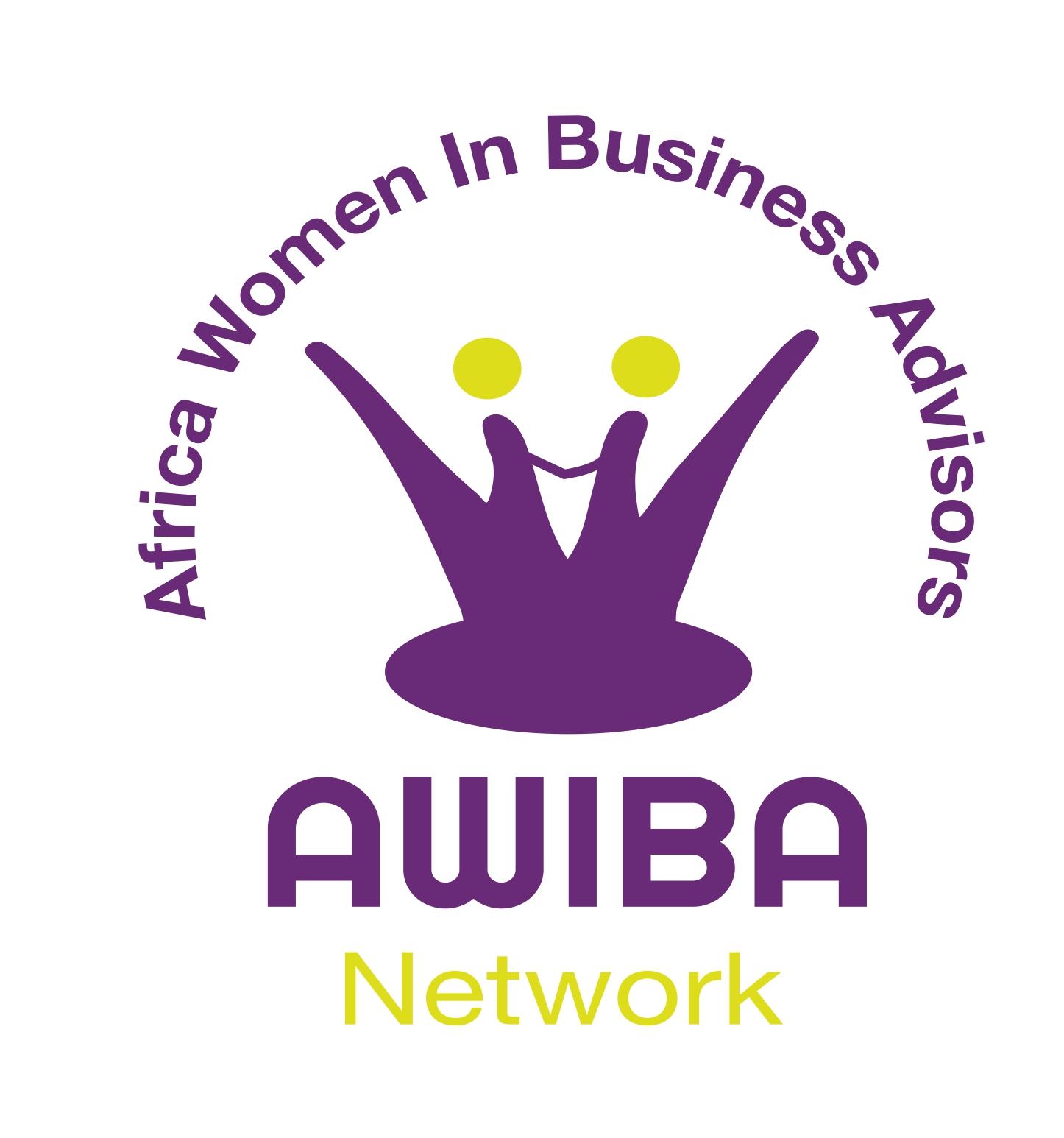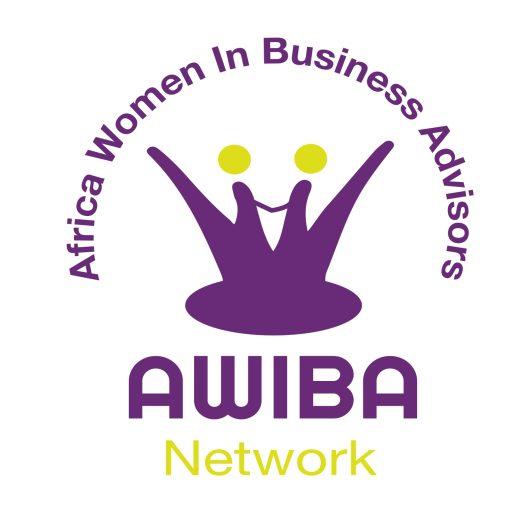
Nigeria Election: Women Denounce Poor Political Representation
Half of Nigeria’s population are women, but only 4 percent were elected in the 2019 election. Will the 2023 election be any different?
Ago-Iwoye, Nigeria – On June 8, 2022, millions of Nigerians were glued to their phones, televisions, and other devices, watching the presidential primaries of the ruling All Progressives Congress (APC). Then something happened. Uju Ken Ohanenye, the only woman among the 23 aspirants, withdrew from the contest in favour of the eventual winner and national leader of the party, Bola Tinubu.
“I have decided to step aside for the lifesaver who is Asiwaju Bola Ahmed Tinubu,” the lawyer and entrepreneur who had previously told journalists that “the touch of a woman is lacking in the governance of this country”, said on national television. For some Nigerians, it was a step back for gender equality in the country’s politics but also a timely reminder of the many hurdles women face in attaining leadership roles in this vast West African country.
“[Ohanenye] might have believed she was not going to win because of the financial and political limitations she would have to surpass,” said Antoinette Lecky, Lagos-based media personality and former projects lead at ElectHER, a nonprofit focused on getting more women into political leadership. “[But] it gave her a chance to publicise herself as a lot of people did not know who she was at the time.”
Half of Nigeria’s estimated 210 million people are women. But only one woman has ever occupied any of the top four positions in Nigerian governance – a five-month stint as speaker in 2007 – since the country’s independence from Britain in 1960. Only five percent of Nigeria’s federal lawmakers are women, one of the lowest representation rates globally. And no woman has ever been elected governor.
On February 25, Nigeria’s presidential election will be held, and only one of the 18 candidates is female – Ojei Chichi of the Allied People’s Movement (APM). In the governorship races, there is only one woman across the 36 states – the APC’s Aisha Binani in Adamawa state.
Civil society leaders and other experts say women’s political participation in Nigeria is below global standards. “There is … something sad about the idea that we haven’t had a woman governor in this country,” novelist Chimamanda Adichie said at a conference in January. “It’s wonderful that we are celebrating the possibility [of having one soon] but why has it taken so long?”
All Categories
Recent Posts
AWIBA Network
Women Leaders’ Consultation On The African Union
CONSULTANTS APPLICATION
Join AWIBA Consultants and you’ll be part of more than just a membership organisation.





